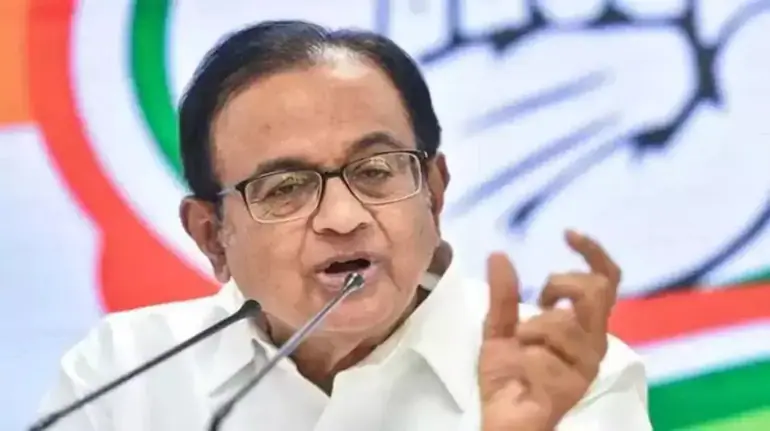Now Reading: Congress Flags Concern Over Ignored Rajya Sabha Notice, Calls It ‘Illegal’
-
01
Congress Flags Concern Over Ignored Rajya Sabha Notice, Calls It ‘Illegal’
Congress Flags Concern Over Ignored Rajya Sabha Notice, Calls It ‘Illegal’

The Congress party has raised a strong objection over the Rajya Sabha Secretariat allegedly ignoring a notice submitted under Rule 267 — a parliamentary provision that allows suspension of regular business to discuss urgent matters. The party termed the move “illegal” and claimed it sets a worrying precedent for parliamentary functioning.
This development has sparked debate over the role of procedure, transparency, and the balance of power within India’s legislative institutions.
What the Dispute Is About
Rule 267 of the Rajya Sabha rulebook is a tool that allows MPs to bring immediate attention to matters of national importance by suspending the day’s planned agenda. The Congress said it had invoked this rule with proper procedure, but the notice was neither acknowledged nor acted upon.
Party leaders have questioned why the notice was ignored without any official reason, calling it a violation of democratic norms. They argue that it undermines the right of opposition voices to raise urgent public issues in the Upper House.
Rajya Sabha’s Response So Far
There has been no formal response from the Rajya Sabha Chairperson or Secretariat explaining the rejection or inaction on the notice. This silence, according to the Congress, only fuels suspicion that parliamentary checks are being diluted.
In past sessions, Rule 267 has often been a point of contention — sometimes accepted, sometimes rejected — but rarely ignored altogether. The party insists that ignoring a notice without stating reasons goes against both tradition and procedure.
Political and Procedural Implications
This issue holds weight beyond a single party’s grievance. In a democracy, the functioning of institutions like the Rajya Sabha depends heavily on adherence to rules and due process.
If opposition parties feel blocked from raising important matters, it creates a perception of imbalance and limits legislative scrutiny — especially in an environment where the ruling government holds significant majority in both Houses.
In Tier 2 cities, where political engagement often hinges on local interpretation of national debates, such procedural disputes also affect public trust in institutions. When elected representatives claim they are being sidelined, voters are likely to feel unheard too.
Opposition Unity and Larger Signals
This isn’t just an isolated protest. Congress’s stand could become a rallying point for broader opposition unity, particularly ahead of future sessions or elections. The issue also ties into wider concerns about the narrowing space for opposition debate in both Houses of Parliament.
Several opposition parties have echoed similar concerns in recent years — that while elections are contested, Parliament itself must remain a space for collective discussion, even disagreement.
Conclusion
The Congress’s allegation of its Rule 267 notice being ignored isn’t just about one parliamentary procedure — it’s about how democratic space is protected or restricted within India’s highest legislative bodies. As institutions navigate questions of urgency, dissent, and transparency, how these rules are applied — or not — will shape the tone of future political discourse.

























